![[RSS]](/static/img/feed-icon-14x14.2168a573d0d4.png) Conservancy Blog
Conservancy Blog
Displaying posts
tagged Outreachy
![]()
Conservancy's Member Projects are Building the Next Generation of the Free Software Movement
by on December 19, 2018
In order for free software to succeed, we must always be bringing new people to free software. In addition to bringing in developers, we need non-coding contributors and learners of all ages for our software to fulfill the promise of our movement. We love helping our member projects as they reach out to non-coding users and learners of all ages.
Conservancy is well-known for our work to support developers which is obviously super important -- there's no free software without well, people writing software. In fact, it's tough to build truly free software without free tools. So tools and code are critically important for software freedom, but I don't believe we can build a successful free software movement without conscientiously bringing in end-users. Many of our member projects focus on building amazing software for end-users, and maybe (while you're fixing computers for family over the holidays?) one of them can help you bring someone into the free software fold.
Several of our projects don't maintain code at all and/or work solely on helping people learn more about free software. MicroBlocks is a new programming language that enables kids and lifelong learners to start building toys or tools right away. Teaching Open Source collects and advises on curricula that helps college students understand open source development and its legal underpinnings. North Bay Python is a community-driven conference serving local Python developers -- including beginners. Outreachy brings people from underrepresented groups into free software via paid internships. The longevity of the free software movement depends on our collective ability to bring in young people and new people so we are proud to support educational efforts.
Two of our newest projects maintain code bases specifically for people who work at non-profits. Non-profit folks love stuff that is free as in cost and while they appreciate free as in freedom -- they also need code that does not need a lot of tinkering to be deployed. Backdrop CMS is a lightweight, easy to deploy Drupal fork specifically designed for small businesses and non-profits. Houdini helps organizations manage every aspect of their fundraising work. Free software is a good mission match for change organizations so it was great to welcome in two projects this year that are working intentionally to serve this sector.
Of course, we believe that software freedom is for everyone and a few Conservancy projects provide tools that can be used by anyone at all. Etherpad is shared note-taking platform that we use nearly every day in our work at Conservancy. Inkscape can be used for serious artists or those just dabbling in design. There are loads of tutorial videos to help new folks get acclimated and productive. Need a band flyer or church program? There's free software for that!
We even have projects at Conservancy that help people who are just beginning to explore free software. Homebrew enables users to install free software on their Apple systems while Wine helps people use a Windows program on a free operating systems. If you don't work at somewhere like the Conservancy, it can be difficult to ditch proprietary software. Projects like Homebrew and Wine help users find ways to use free software where they can and find a way to transition away from the non-free stuff at their own pace.
So wherever you are in your software freedom journey, Conservancy might have a project that can help. We look forward to helping our member projects do even more to bring in new fans, users and supporters of their work in 2019. Help us help them, by donating to Conservancy today! And be sure to let us know if one of our member projects helped you turn a new person into a free software user -- we love those stories.
Highlighting Some of Our Leaders in the Linux Kernel
by on September 20, 2018
This week has shown two interesting events related to Linux. Yesterday, the New Yorker published an article pointing out that abusive behavior in the Linux project specifically has created an unfriendly and unwelcoming environment for underrepresented groups. Linus Torvalds, Linux Foundation Fellow and leader of the Linux project, after having been contacted by the New Yorker in connection with the article, admitted his past behavior has been problematic and is taking time off from the project.
While these moves are a step forward, they cannot alone change the problematic culture we have in technology generally, and Free and Open Source Software (FOSS) in particular. One press article and one leader temporarily stepping aside can only take one small step toward reversing decades of unfriendly culture, where abusive language and conflict are often considered the appropriate way to resolve disputes. We at Conservancy, particularly in its Outreachy project, do our best to help improve this situation for FOSS.
Outreachy provides mentors and coordinators a method and process to promote inclusive culture in their FOSS projects. Our program would not be possible without a lot of key FOSS contributors who behave professionally and are deeply committed to improving the situation. We thank all the people who have contributed to great experiences for Outreachy mentees and hope that recent news helps more people in the community take heart that change is possible. I contacted a few of these people to highlight here.
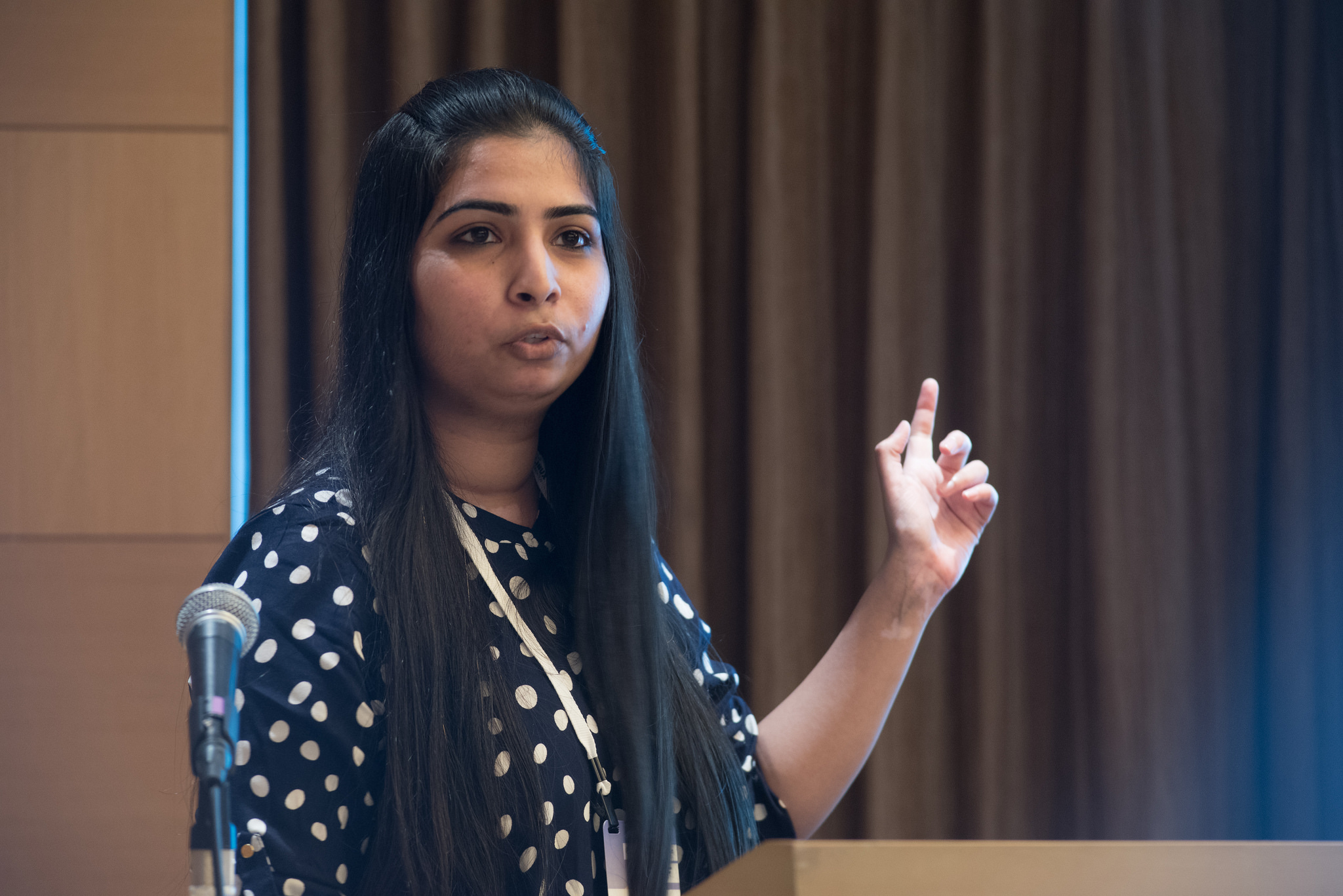
Vaishali Thakkar, Outreachy internship graduate who now co-coordinates of kernel internships commented:
"Outreachy is the best thing that has ever happened to me. I came from an education system where asking questions didn't always end up in positive encounters but rather we were made fun of because not knowing things isn't normal. My first friendly encounters with bunch of mentors in outreachy kernel mailing list also helped me to understand that open learning and open education is not only normal here [in open source] but is also something you are celebrated for. Which was really a huge thing for me at that time because it helped me to build my confidence and make my space in the open source industry.
Lately, I've been giving a lot of Linux Kernel contribution workshops in Indian universities [offline] and in Kenya [online] to spread the word about the wonderful opportunities the program provides with a hope to increase more diverse set of contributors in the kernel community. Outreachy is touching so many lives at so many levels ranging from giving equal pay opportunity to people traditionally underrepresented in open source to help building a welcoming and diverse communities. My motivation for volunteering as a coordinator is merely an expression of saying thanks to all wonderful people who has helped me reach at where I am today and also about enjoying a feeling that comes from playing a role in building welcoming communities together."
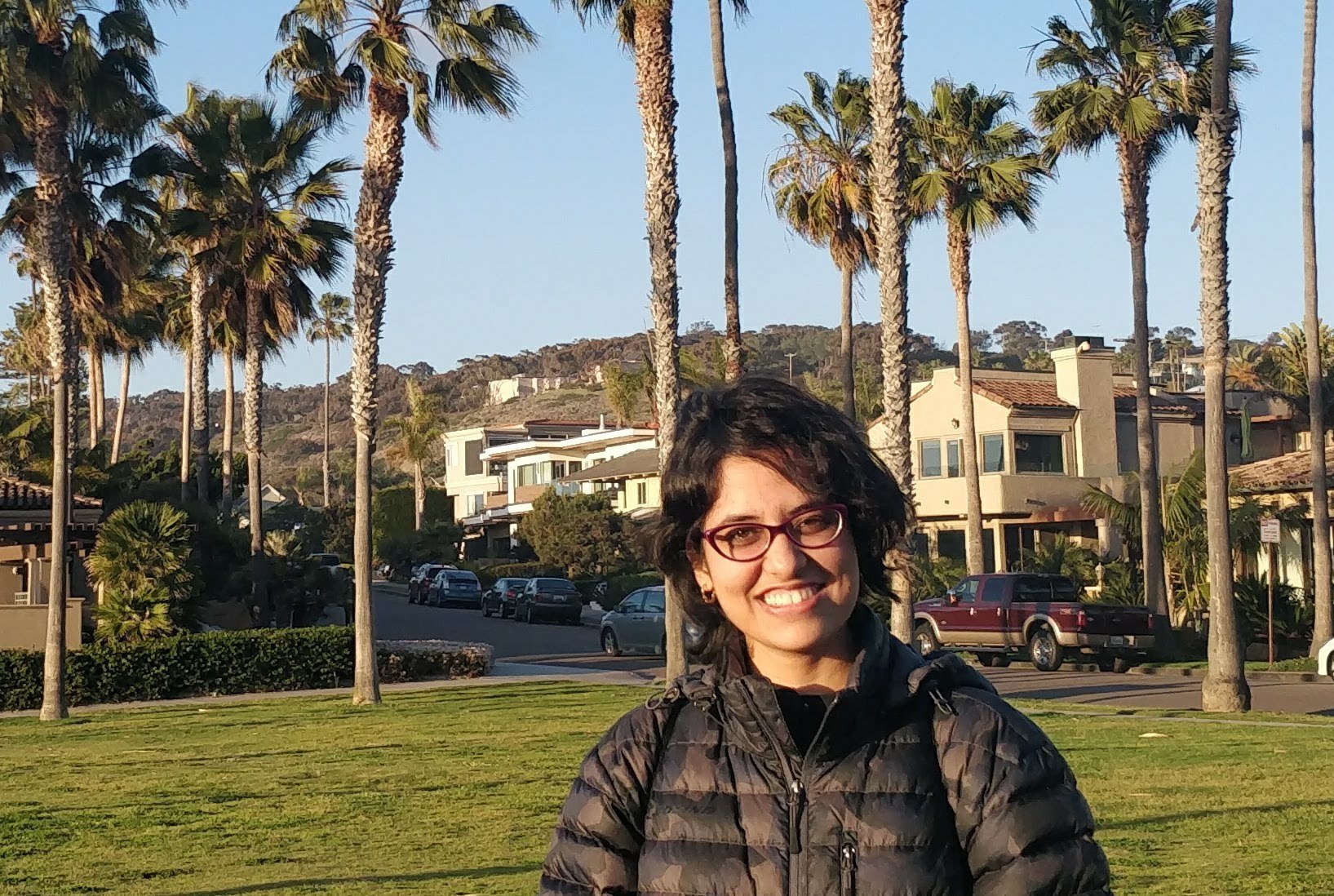
Shraddha Barke, who is also an Outreachy internship graduate and now co-coordinates kernel internships with the Outreachy project added:
"During my undergrad, I was desperately looking for opportunities to work on real problems. That's when I got the chance to intern with Outreachy and that exposed me to the wonderful Linux community and gave me lifelong mentors and friends. Julia Lawall has mentored me for the past few years, right from Outreachy to my graduate school. Outreachy opened more doors for me than I could've imagined.
My motivation to volunteer stems from the feeling to give back to the community that has given me so much. Outreachy provides a supportive platform for people underrepresented in technology. I love knowing that I'm playing a small role in the worldwide impact Outreachy is having today! And I'm excited to see how big it will grow. :)"
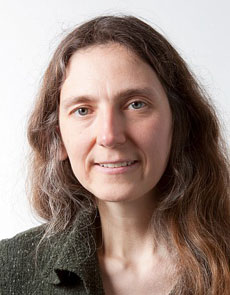
Julia Lawall, who has previously coordinated Outreachy participation in Linux, and continues to mentor noted:
"As a former teacher and as a researcher, I have observed that many female students who start in computer science become discouraged and drop out during or after their studies. Thus, complementarily to my research activities, over the past four years, I have been active as a mentor and then as the coordinator for Linux for the Outreachy Internship program. Providing female students in computer science with the opportunity to interact with and get feedback from top-quality well-known developers helps build their confidence making it possible to move beyond the inevitable discouraging moments. There were 71 applications for Linux internships while I was coordinator for Linux, and 30 internships offered. After their internships, interns have gotten jobs at companies such as Red Hat, Intel, Bloomberg, Oracle and Collabora. Several interns have instead opted for further studies, including two who are starting as PhD students at UCSD and Columbia this fall. Former interns have also been active in outreach, both through informal events that they have organized on their own and through Outreachy itself."
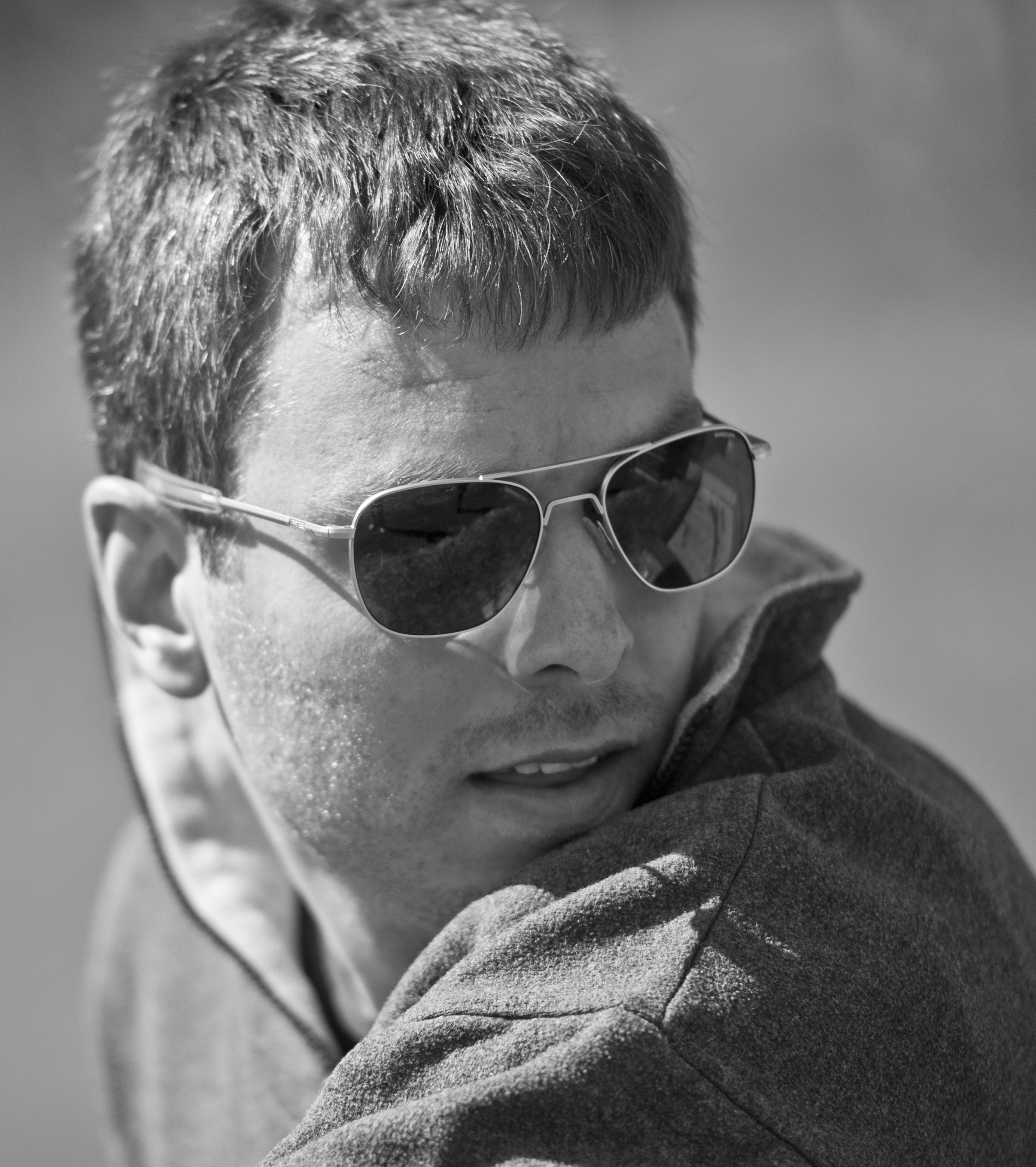
Daniel Vetter, who mentors Outreachy interns in the Linux Kernel's GPU driver subsystem adds:
"The Outreachy program is the best program we have to improve diversity and inclusiveness in FOSS long-term. While Linux as a project is deeply problematic, there are pockets of sub-communities who really care about creating inclusive spaces and can provide Outreachy participants a great internship experience contributing to critical technology low in the stack.
I am very glad to provide my help supporting Outreachy participants as a mentor and Outreachy's critical role in building better communities and a diverse and inclusive FOSS culture."
We hope the events of this week indicate that times are changing, and the status quo of behavior fails as an adequate standard for civility, inclusiveness and diversity. We thank all those who have spent years, both behind the scenes and in the public fray, pointing out and pushing for inclusiveness in Linux and all other FOSS communities. We welcome mentors, coordinators and sponsors to get involved in Outreachy and we hope to continue working on related issues and supporting those of you who are working behind the scenes to make free software a place for everyone.
Late Summer Conference Report
by on September 29, 2017
I’ve been traveling quite a lot recently and have had the good fortune of participating in some dynamite conferences. Often we’re so busy with our work and travel that we aren’t able to make the time to report on it properly, which results in a lot of our acomplishments and activities happening silently1. August’s travel was intense, and while my inbox backlog continues to be a bit unnerving, I’ve got to tell you about where I’ve been before September is completely over too!
GUADEC: GNOME’s 20th Birthday!
As many readers probably know, I’m an enthusiastic user and fan of GNOME. And, as the former Executive Director of the GNOME Foundation, I was so thrilled when I was invited to give a keynote speech at the annual main GNOME conference, GUADEC. Given that this year is GNOME’s 20th birthday, it was a special year to be able to participate in the conference.
GUADEC was invigorating. With Ubuntu returning to GNOME and the success of Endless and other commercial initiatives around GNOME, the GNOME community is optimistic and focused on the future. There were many new contributors but also a great showing amongst folks who have been around the community for a long time.
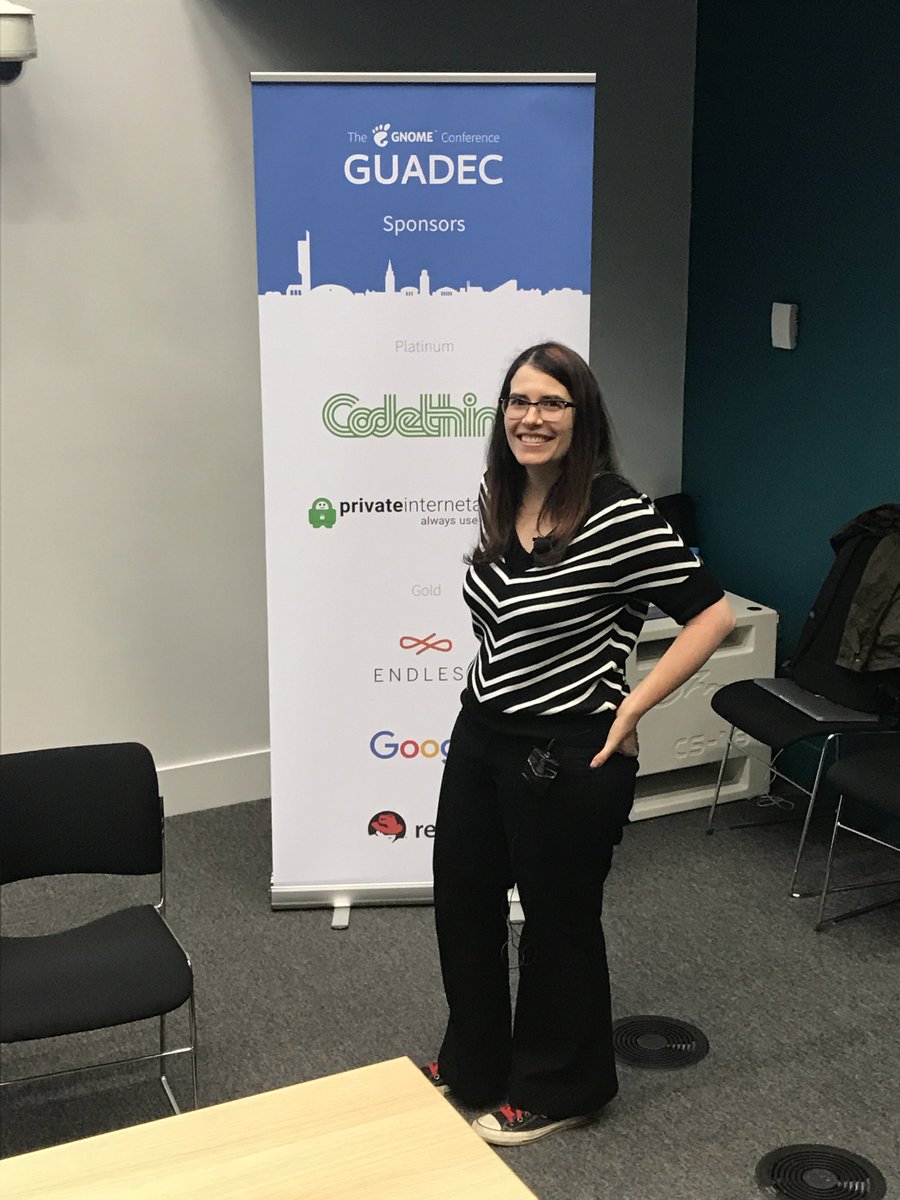
My talk focused on the personal ethical responsibilities of free software contributors and how GNOME contributors can engage in the process of steering our technology in the direction of transparency and security. While I wasn’t intending to talk about medical devices very much in my talk, for a majority of the audience this was their first GUADEC or free software conference and the topic came up to illustrate some of my main points. As a society we’re building our critical infrastructure on proprietary software, entrusting single companies with some of our most important information and interactions. I strongly believe that we need technologists to stand up for ethical technology now, especially within the companies that are producing it. I recommended that contributors engage with management to discuss the long term business advantages of doing the right thing. As it turned out, there were also several young attendees in the audience who have implanted medical devices so it was a great opportunity to connect. Over time, these issues will impact more and more people.
I was excited to see Neil McGovern, the GNOME Foundation’s new Executive Director, in action. After I moved to Conservancy, I served on a Hiring Committee to help the Foundation find the right person for this role. There were many very impressive candidates, but Neil was the stand out. Neil gave an inspiring freedom-focused talk, revealing the great job he’s already doing.
There was also a big party for GNOME’s 20th birthday which was a lot of fun. I moderated a panel on the history of GNOME, and learned a lot of fun tidbits about GNOME’s past! I was also excited to see the “Pants Award” go to Bastian Ilso, who puts together awesome videos for GNOME releases (and ropes me into doing the voiceovers too).
DebConf
Soon after I got back from GUADEC it was time to head to DebConf. I could only make it for part of DebConf, which definitely left me wishing I could have been there for the whole time.
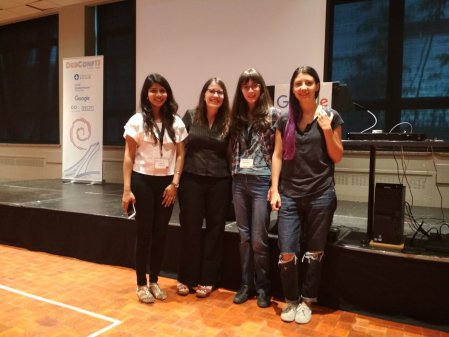
This time the conference was in Montreal, and I had the privilege of giving a presentation about Outreachy. The talk was very well attended and I left plenty of time for questions. The best part was getting to meet a number of Outreachy alums, mentors and coordinators.
I also had the opportunity to talk to Debian folks about the copyright aggregation project and to participate as a Debian Developer. This was my first Debian event since I became an official non-uploading Debian Developer. While I felt more of a responsibility to work proactively on things that Debian needed to have done, I also felt a strong sense of belonging in the community. When DebConf was held in New York seven years ago, I went briefly for a screening of Patent Absurdity, which I was interviewed in, but was so intimidated by the conference that I basically ran away immediately after! (Somewhat relatedly, I recently recorded a brief video about Imposter Syndrome.) Being recognized as an official contributor to the project helps not only to feel like your contributions are appreciated (even if they aren’t code) but also that you are more than welcome in a community - that you are a part of it.
FrOSCon
The last conference I got to this summer was FrOSCon. I hadn’t heard of this conference until recently and was surprised to learn how big it is. Primarily a local German conference, FrOSCon attracts almost 2000 people. Like FOSDEM, the event runs only over the weekend. Also like FOSDEM, the conference organization is extremely impressive. When I arrived the night before the conference, I went over to see if I could help get things set up but there were so many people there to help they actually had nothing for another person to do!
I was asked to do my standard medical devices talk as the first keynote of the conference, and I was glad I gave that particular talk - the room was full of people who hadn’t heard it. The questions I got were insightful and the enthusiasm in the discussions after I spoke was exciting. I also did a couple of interviews with local tech press reporters and met some fabulous people which led to great discussions. A few of us spontaneously gathered a working group on ethics for IoT and informed consent. Since then Emma Lilliestam, who also spoke at FrOSCon about issues related to software and cyborgs, has been writing up these issues and further developing thought on the topic.
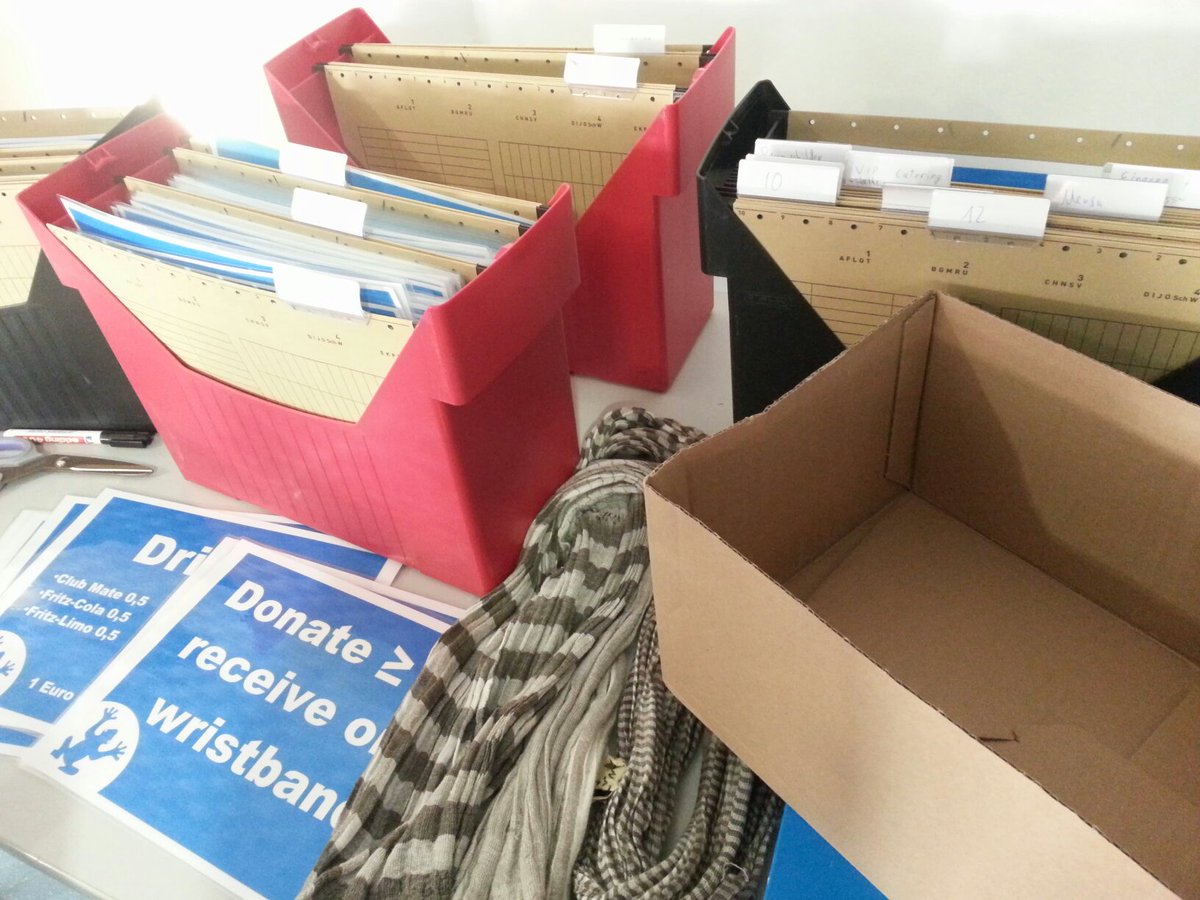
I fully appreciated the organization of the event when I stuck around to help with takedown.
It was amazing to see everything get taken down, cataloged and organized for next year. FrOSCon is definitely a conference I would recommend to others in the future.
While the summer is over, it seems like it’s always conference season. This evening I’m delivering a keynote presentation at Ohio Linux Fest, a conference I’ve always wanted to attend. While it’s a lot of travel, I’m grateful to get the opportunity to meet with so many people interested in free an open source software and to have the chance to encourage folks to think about the important issues of our day. If you attend any conference that I’m at, please be sure to say hello!
1 Conservancy has a staff of four full time people, which includes no marketers, campaigns people or anyone focused on PR.
